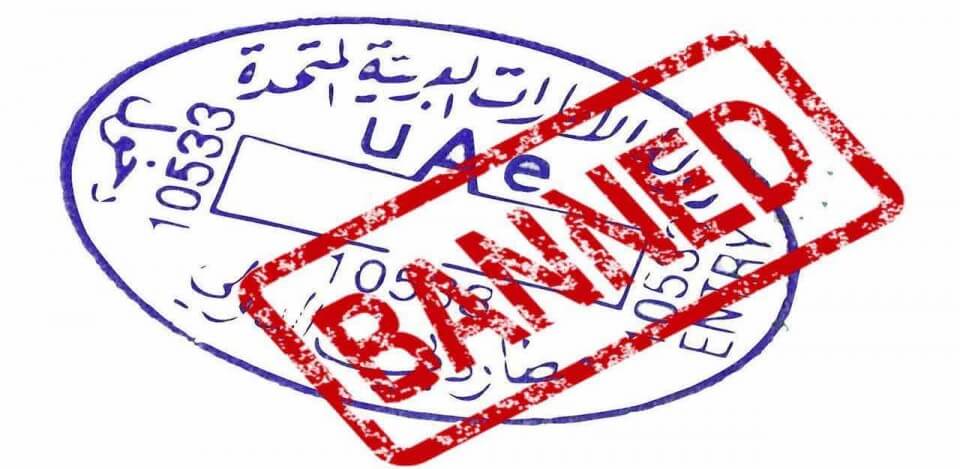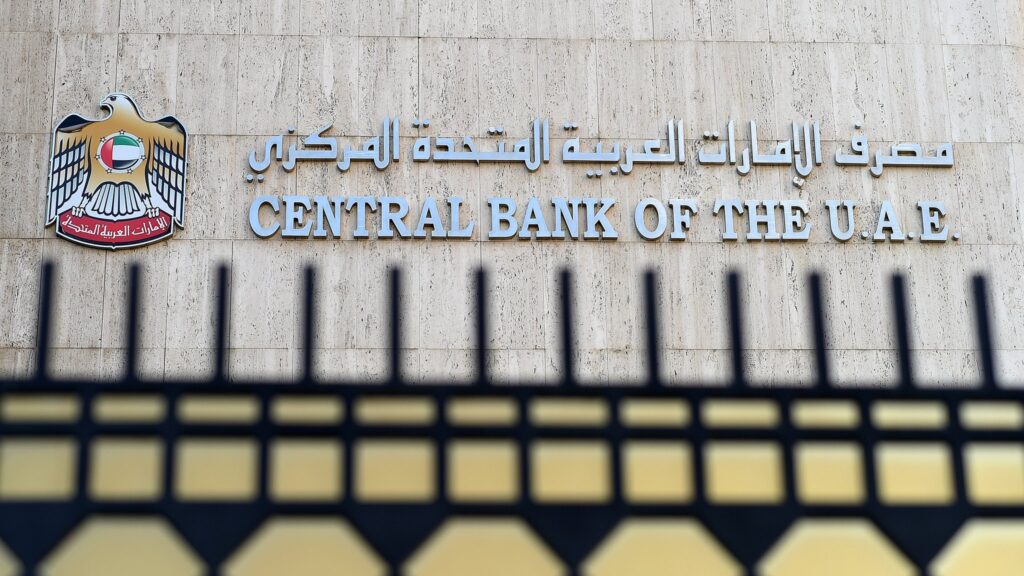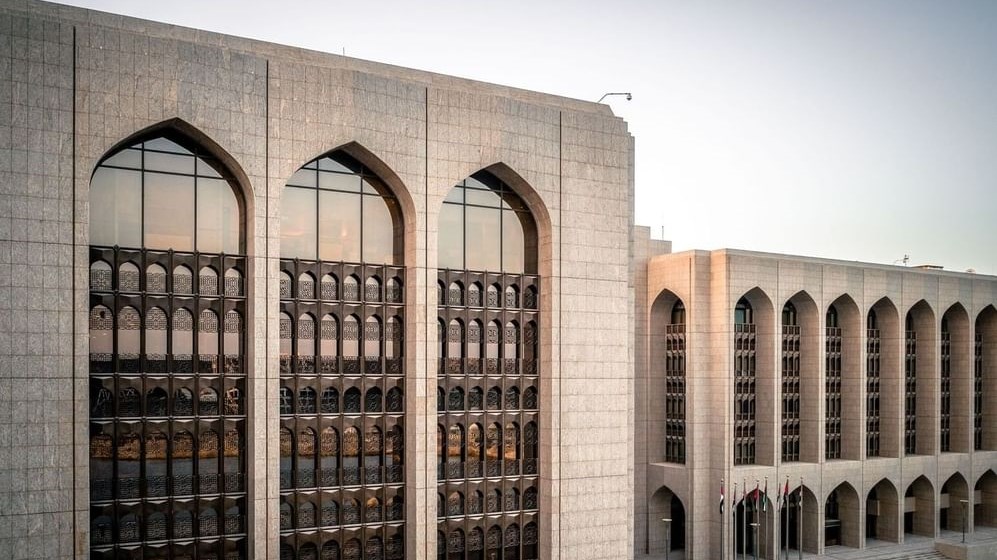The Central Bank of the United Arab Emirates (CBUAE) has taken strict action against a bank operating in the country. It fined the bank Dh3.5 million and also banned it from opening new accounts for certain customers. This move comes after the bank was found to have serious problems in how it followed Sharia rules and anti-money laundering (AML) laws.
The decision is part of the UAE’s continued efforts to make its banking system more secure, trustworthy, and in line with global financial standards.
What Happened?
According to the Central Bank, the unnamed bank failed to meet the country’s rules related to Sharia governance and AML/CFT (combating the financing of terrorism). These rules are very important in making sure that banks do not support illegal activities — either by mistake or on purpose.
After checking the bank’s work in 2023, the Central Bank noticed that it had weak internal controls, poor risk management, and was not following proper checks when opening or managing customer accounts. As a result, the Central Bank decided to impose a Dh3.5 million administrative fine and to ban the bank from opening new accounts for high-risk customers, such as people with complex financial profiles or those coming from certain countries or industries.
What Are Sharia and AML Rules?

In the UAE, many banks operate according to Islamic banking rules, which must follow Sharia principles. These rules guide banks on how to avoid interest (riba), avoid uncertain contracts (gharar), and ensure ethical investments.
At the same time, AML and CFT laws are made to stop money laundering, terrorist financing, and other financial crimes. These laws require banks to:
- Know their customers (KYC)
- Monitor transactions
- Report any suspicious activity
If banks do not follow these laws strictly, it becomes easier for criminals to use the banking system for illegal activities — like hiding stolen money or funding dangerous groups.
Central Bank Steps in to Keep Financial Sector Clean
This is not the first time the Central Bank has taken tough action. In the past few years, it has fined several banks and money exchange firms for not following the rules. The goal is to protect the UAE’s reputation as a secure and well-regulated financial center.
The Central Bank said in a statement that it is “committed to ensuring that all banks in the UAE comply with the highest standards of governance, especially when it comes to Islamic finance and anti-money laundering laws.”
Officials added that more such inspections and reviews will continue, and any banks or financial institutions found violating the rules will face serious consequences, including fines, suspensions, or even license cancellations in extreme cases.
What This Means for Customers
If you are a customer of the bank that was fined, you may not need to worry if your account is already open and in good standing. The Central Bank has not asked the bank to close existing accounts. However, if you are planning to open a new account — especially if you’re considered a “high-risk” customer — you may not be able to do so with this bank, at least until further notice.
“High-risk” customers can include:
- People from countries with high levels of corruption or weak regulations
- Politically exposed persons (PEPs), such as government officials
- Customers dealing in large amounts of cash or cryptocurrencies
- Companies involved in sensitive sectors like weapons or foreign trade
A Warning to All Financial Institutions
This strong action is also a message to other banks and financial institutions: follow the rules or face the consequences.

The Central Bank has been working closely with international organizations like the Financial Action Task Force (FATF) to improve its regulatory systems. In 2022, the UAE was placed on the FATF “grey list” for needing stronger action on AML enforcement. Since then, the country has taken multiple steps to correct this, including:
- Better audits
- Higher reporting standards
- Stronger penalties
- Increased transparency
While the Central Bank did not name the penalized bank, financial experts believe this is part of a bigger trend. The UAE wants to send a strong signal that it does not tolerate carelessness, especially when it comes to financial crimes or religious guidelines.
Sharia Governance Is Just as Important
Islamic banking is a key part of the UAE’s financial sector. Therefore, the Sharia board and compliance systems of every Islamic bank must be strong, independent, and active. If these boards fail to monitor whether the products and services offered are truly Sharia-compliant, it could mislead customers and damage trust.
The Central Bank has, in the past, issued detailed guidance on how Islamic financial institutions must handle Sharia compliance — including the qualifications of Sharia board members, how decisions are made, and how records are kept.
This recent action shows that the Central Bank is not just concerned about money laundering but also deeply focused on maintaining ethical standards in the Islamic banking space.
Final Thoughts
The Dh3.5 million fine and ban on new high-risk accounts are strong reminders that rules matter. The Central Bank is not holding back when it comes to cleaning up the financial sector and building a safe, compliant banking environment.
Whether it’s stopping illegal money flows or ensuring Sharia-based ethics are followed, the message is clear: every bank must step up, or step aside.
Also read: UAE Fintech Market Set for Explosive Growth, Doubling by 2029



